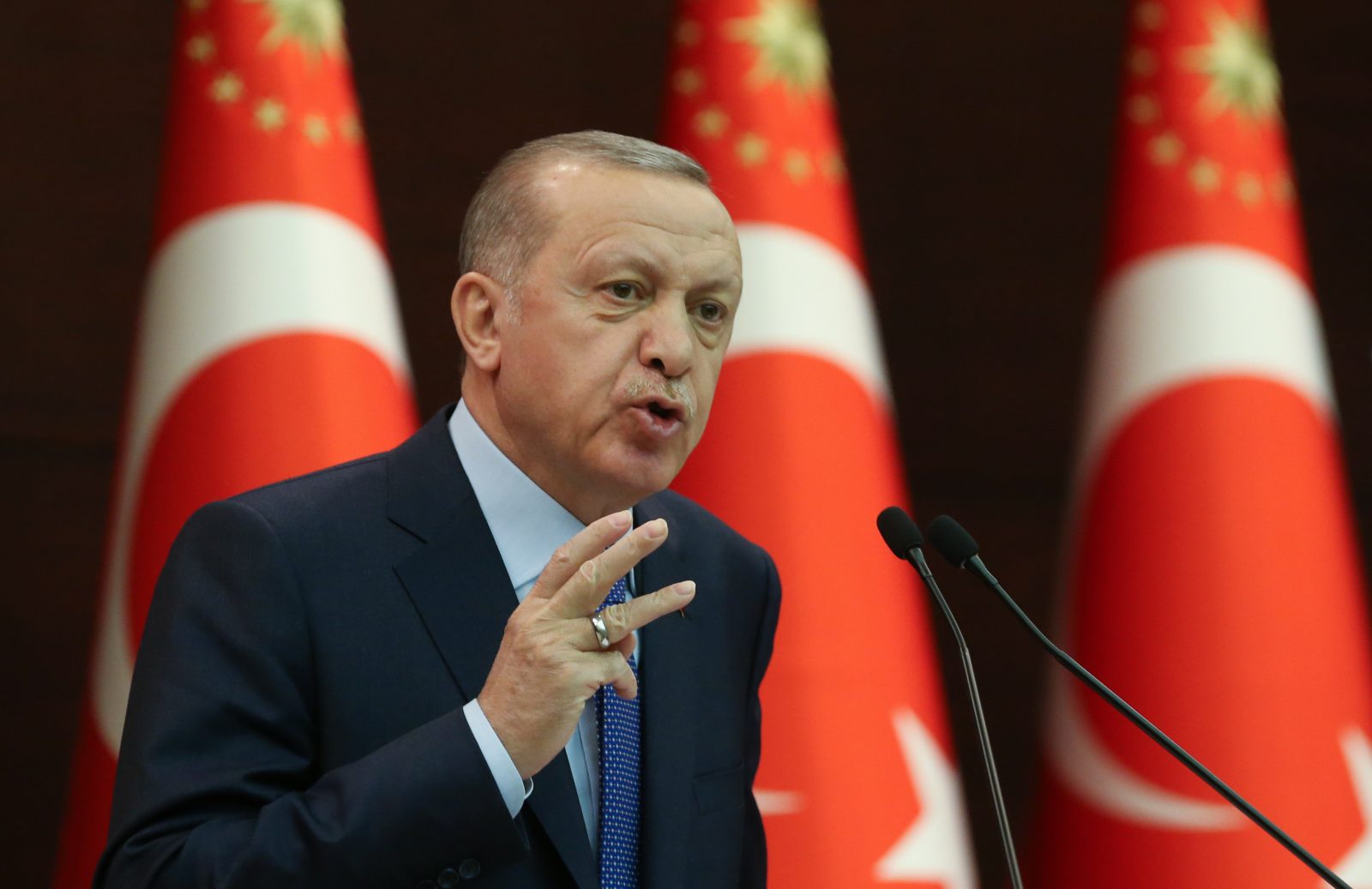
The ruling parties are pressing ahead with bringing a so-called ‘disinformation’ law to parliament, which critics say will increase censorship in traditional and social media.
Journalists’ unions, human rights groups and opposition parties have condemned the Turkish government’s proposed disinformation law and deemed it a further blow to media freedom, naming it the “censorship law”.
“While the draft bill … claims to be about combating disinformation, the contents cited in its articles target pluralistic independent media atmosphere, and it has a massive potential for silencing alternate voices in society,” Gurkan Ozturan, coordinator of Media Freedom Rapid Response at the European Centre for Press and Media Freedom, told BIRN.
Turkey’s ruling Justice and Development Party, AKP, and its ally, the far-right Nationalist Movement Party, MHP, brought the law to parliament without losing any time after the new legislative year started.
Ozturan deemed the draft bill an attempt at “censorship”. “Such laws are unacceptable, and so is censorship. They defy the European Convention on Human Rights,” he said.
The draft law for the first time defines “spreading misinformation on purpose” as a crime. It will increase government control and censorship in media and social media platforms.
“No matter how much the governing alliance might claim that this is to guarantee information safety and point to European laws, the threats we already see appear to disprove these claims, moreover, the draft bill has nothing to do with the existing laws on similar subjects in Europe, except for a law in Greece that is not being implemented,” Ozturan added.
The proposed law introduces penalties for anyone who “publicly disseminates false information regarding internal and external security, public order and the general welfare of the country, in a way that breaches the public peace, simply for the purpose of creating anxiety, fear or panic among the population”.
“The purpose of introducing the disinformation law is so that no one can write about the corruption of the palace [of President Recep Tayyip Erdogan] and its company,” Kemal Kilicdaroglu, the leader of the main opposition Republican People’s Party said in his parliamentary speech.
Huseyin Yayman, AKP president of the Parliamentary Digital Media Commission, dismissed the criticism.
“We are making a regulation on disinformation. Blocking or restriction of social media is out of the question. The AKP is a party that fights against censorship and bans,” he said, the pro-government Daily Sabah, reported.
Dozens of journalists and opposition MPs gathered outside parliament in Ankara on Tuesday, holding placards that read: “No to the law of censorship” and “Free press is a condition for democracy”.
“If this law is implemented in this form, there will be no freedom of press, expression and communication in our country,” said Kemal Aktas, chairman of the Turkish parliamentary reporters.
Under the proposed law, people who spread misinformation can be jailed for up to three years. If a court rules that a person spreads misinformation as part of an illegal organisation, the jail sentence will increase by 50 per cent.
Journalists can also be charged under the new law if they use anonymous sources to hide the identity of a person spreading “misinformation”.
The discussions and voting on the proposed law are expected to continue in the following days.